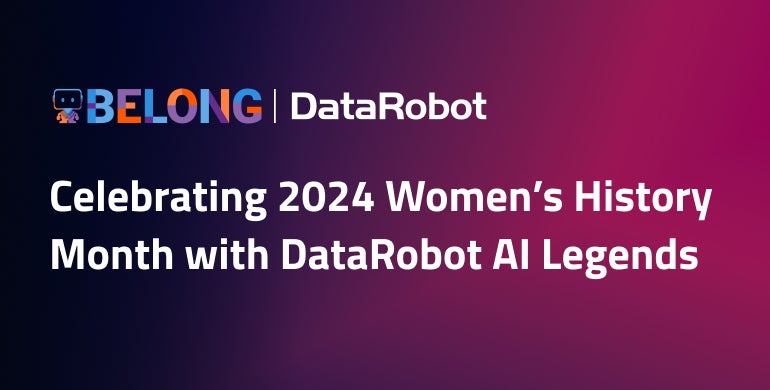The adoption of analytics and AI in the public sector is changing the way governments make decisions. Technology improves the efficiency and transparency of work processes, positively impacting service delivery to increasingly demanding citizens. However, many government organizations still need help fully embracing a data-driven culture.
The Covid-19 pandemic is one of the reasons why governments have accelerated their shift toward data and analytics. During the health crisis, they noticed that they needed more data to support decision-making. Today, most organizations are collecting and storing data – but this is just the first step of the journey. Before they can realize the full potential of their data, they need to process and match the information in order to answer specific questions with analytics.
Get your data right
Data analytics has several layers. You can use the technology to describe what is happening, but also to predict what could happen in the future. Ultimately, it can be used to make better-informed decisions. Although governments understand they need to embrace analytics and AI to support digital services, there are differences in maturity between agencies in Belgium. Federal Public Service Finance, for example, is a pioneer in applying analytics with its analytics tool that simulates future tax reforms. The impact: The organization delivers fast, accurate insights that help policymakers understand the impact of each decision.
As most governments are transforming, there are two elements they need to focus on. First, they must organize and prepare their (often unstructured) data for analytics. They need to get the quality of the data right to benefit from analytics and popular technologies such as generative AI. This is especially important in a risk-averse sector like government, as public trust will decline when agencies do not make the right decisions.
Focus on data literacy
A second challenge is data literacy. Awareness (privacy and ethics) and training are essential to make data analytics an integral part of their daily work. Change is never a simple process; creating a data-driven culture calls for proper change management. Such a culture change must be led by senior management, with the goal of shaping an agile government focused on the well-being of its citizens. This requires a mindset change and willingness to embrace technology to automate repetitive tasks and generate new ideas.
Rather than adding new technologies, people need to understand why they should use the technology and how it contributes to the decision-making process. This is often the biggest obstacle an organization must overcome before using analytics effectively. That’s why SAS has developed the Analytics Leadership Program. It has helped the European Commission to create a unified learning experience that brings people throughout the organization to a required level of data literacy.
Endless possibilities
In every branch of government, data analytics offers unique possibilities. Let’s explore a couple of examples.
Inspection agencies could use data to adopt a more risk-based approach. By merging data from different sources and visualizing complex patterns (network analyses), they gain a better picture of fraud risks. This would enable them to prioritize cases with the greatest risk so their staff can use their time and resources more efficiently.
Public safety could benefit by using data analytics on their historical data to predict the risk of violence and other criminal activities.
Once this shift in mindset is underway, governments should start thinking about what they can achieve with data analytics and AI. The next step is to develop an action plan, prioritize projects, etc. Of course, it is also important to share experiences and knowledge, both between agencies and other organizations.
Governments that embrace a data-driven culture will get more value from their data, allowing them to become more efficient and deliver better services to citizens.
For more use cases and inspiration, visit our Government Resource Hub.
Tags






















